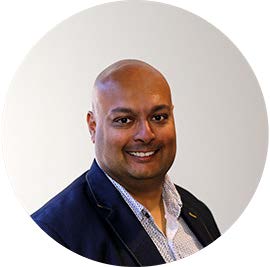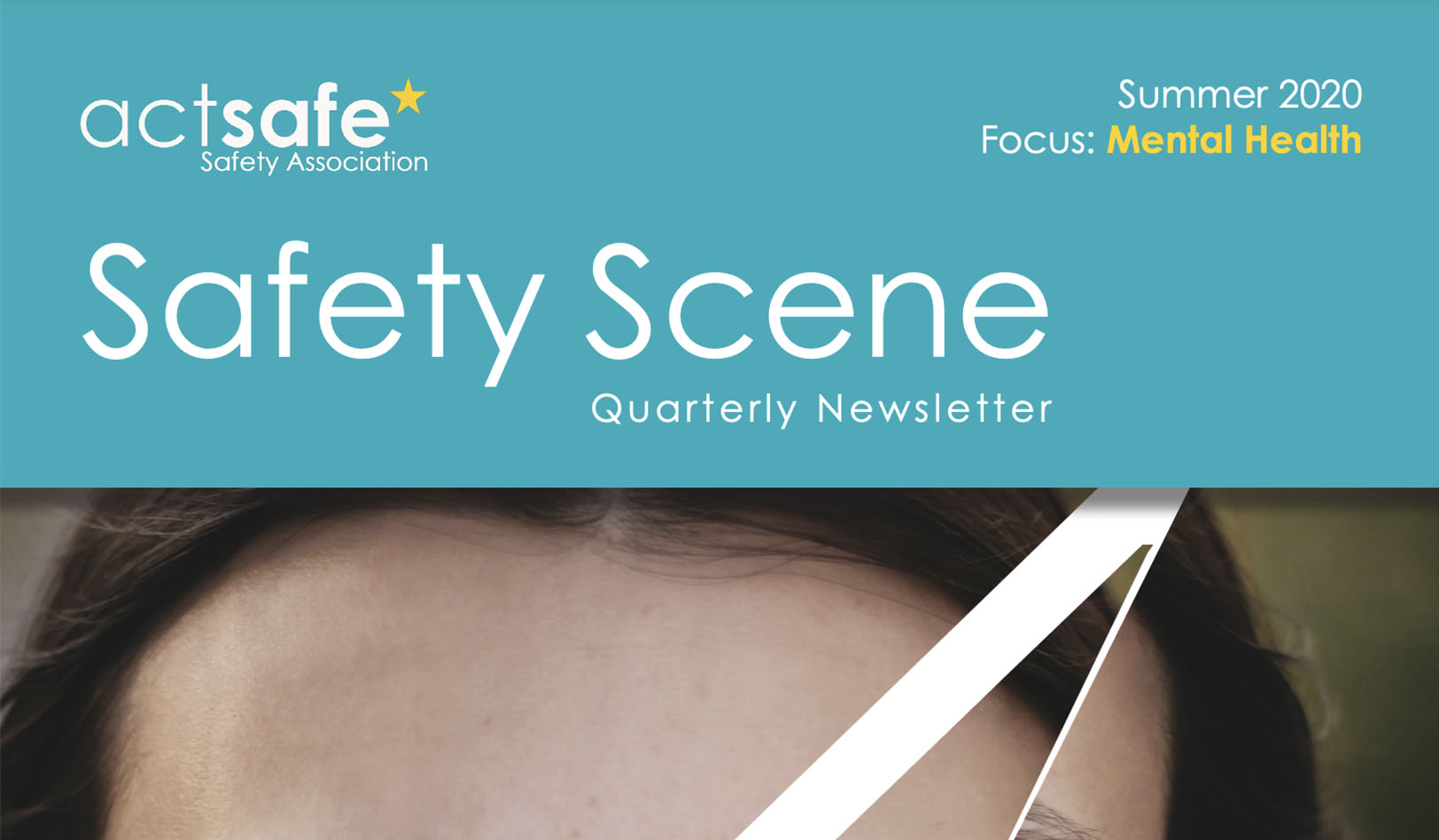
When I was in high school, everyone joked that I was a great therapist. My friends would always come and talk to me about their problems. Siblings, relationships, assignments, no matter what, they turned to me to be their sounding board. To them I was known as “The Ear”.
– Anand Kanna, Manager of Motion Picture Programs and Services, Actsafe Safety Association
Most left our “sessions” feeling much better about their situations, with a clearer, rosier outlook on life. And it wasn’t because of anything I said. I offered no advice or amazing insight into their problems. After all, I didn’t have any more experience or knowledge than my friends, being a teenager in secondary school and all. So, what did I do that made people feel better?
Listen.
Whether it was in front of my locker, in the cafeteria at lunch, or on the drive home dropping off my friends, I just listened to them clear their minds or pour their hearts out, giving them an ear to talk their way through things. And it seemed to work. My friends were happier at the end of it, and life kept moving forward with my cohort surviving through graduation. And it continued through post-secondary. My best friend and I ended up at the same college, and we took classes scheduled in the evening. After that, we would hop in my car, and even though we lived a short drive away from the college, it would take more than an hour to get home. During that time, my friend would rant and rave about everything that bothered him while I drove. I didn’t say much, but I was still an active participant in the conversation, and I did what my friend needed me to do.
Listen.
But as time moved forward and life got busy, I seemed to be listening less. Time for my friends seemed to have vanished as home and work life started to encompass all.
Last year, I was lucky enough to attend a fabulous keynote presentation delivered by Stéphane Grenier. Stéphane is a retired Lieutenant Colonel in the Canadian military, and suffered from PTSD after several overseas missions, including the mission in Rwanda.
I took two things away from Stéphane’s presentation that made me believe we can all help, regardless of what experience in mental health counselling we have. The first one is peer support. As stated on the Mental Health Innovations website (https://mhic-cism.com) “Social support from a person with lived experience can inspire hope and empower others in similar situations”. So being there for each other with non-clinical support is an easy way to help people in their times of need. The second take away from Stéphane’s presentation is something we can all do.
Listen.
We have to take the time to listen to each other. Stéphane’s presentation a year ago re-kindled in me the importance of actively listening to my friends, family and colleagues, to help relieve the stresses in their lives. It may not cure everything, but most of the time people just want to be heard. They might not necessarily need answers at this time. Not every problem requires a solution right now. But by being there to lend an ear, provide a safe space for people to talk their way through their crises, and provide options for additional help, we have more power to help people work their way out of the darkness than we may have realized.
Listen.
It’s something that we don’t do often enough. But to someone in crisis, it could mean everything.
This article was written for our quarterly newsletter, Safety Scene. You can find a link to the full edition below.



Share Now: